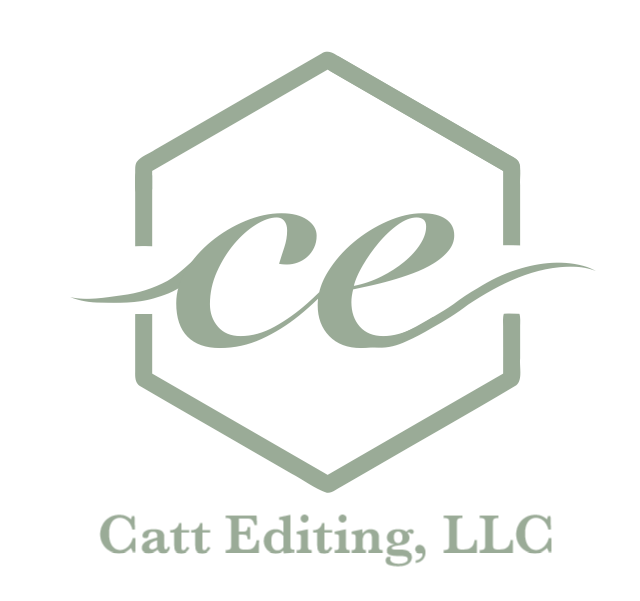Sending an Inquiry to an Editor
It’s kind of scary contacting a stranger for the first time—especially if this is your first time publishing a book. You’ve heard the horror stories about how writers are taken advantage of. You hope that won’t be you. You have so many questions running through your mind before you send the email:
Is this even a legit editor?
What if she’s mean and my writing is bad?
What if she’s too expensive?
What if she doesn’t get me/my project?
What do I put in an inquiry?
How do I nicely decline?
What if I’m not done writing yet?
How does editing even work?
Can I really publish this book?
What am I thinking trying to write a book?
What am I doing with my life?
Whoa. Hold up. Let’s all take a deep breath. First, let’s establish that you can publish this book. Your book deserves to be written and shared with everyone. You are a great writer! Push through the doubt!
Next, let’s talk about the answers to those questions above.
There are a few types of editing. You’ll want to decide what kind you need since not every editor does all of them. To learn more about types of editing and what kind you need, visit here. If you still need help deciding, maybe the editor can advise you! If I see a sample of a manuscript that would benefit from a service I don’t specialize in, I send recommendations for someone who can help.
Concerning mean editors, too expensive editors, or those that don’t quite mesh well with you/your project, ask for a sample edit! Most editors are happy to give free sample edits and quotes. This shows you their editing style, their personality, how long it will take, and how much it will cost. To find out what you need to know to hire a legit editor, visit here.
Here are the items to put in an inquiry to an editor (through email, DM, contact form, etc.):
your name
book title
word count
book genre
audience
when you’re ready for editing/deadline (if it’s strict)
what kind of editing you need (if you know)
questions you have for the editor
You can say you’re shopping around and would like a sample edit and quote before deciding on someone. It’s not rude; it’s smart.
You can also say you’re new and don’t really know how this process works. They’ll help you through it! And if they make you feel bad about not knowing what you’re doing, they’re not the right editor for you anyway!
Then if you decide to go with another editor, just say so. You don’t have to include a reason if you don’t want—just say, “I decided to go with another editor for this project. Thanks for your time.” Simple. It’s rude to never respond again; don’t do that. Or you can give them a reason (nicely). “This was a little outside of my price range. Thank you for your time.”
If you have a tight deadline, you should send inquiries to editors ASAP. Some editors book months in advance, so it’s a good idea to shop around two to three months before you’re ready to work with them. Sometimes editors can squeeze you in soon, but I wouldn’t count on it.
To find out more about the editing process and what it looks like to work with an editor, visit here.
Feeling confident? Are you all educated on editing and how to find a great editor? Great! Now go out and find the best editor for you!
To get updates about more free tips and advice from experts (like this), make sure to subscribe here!
